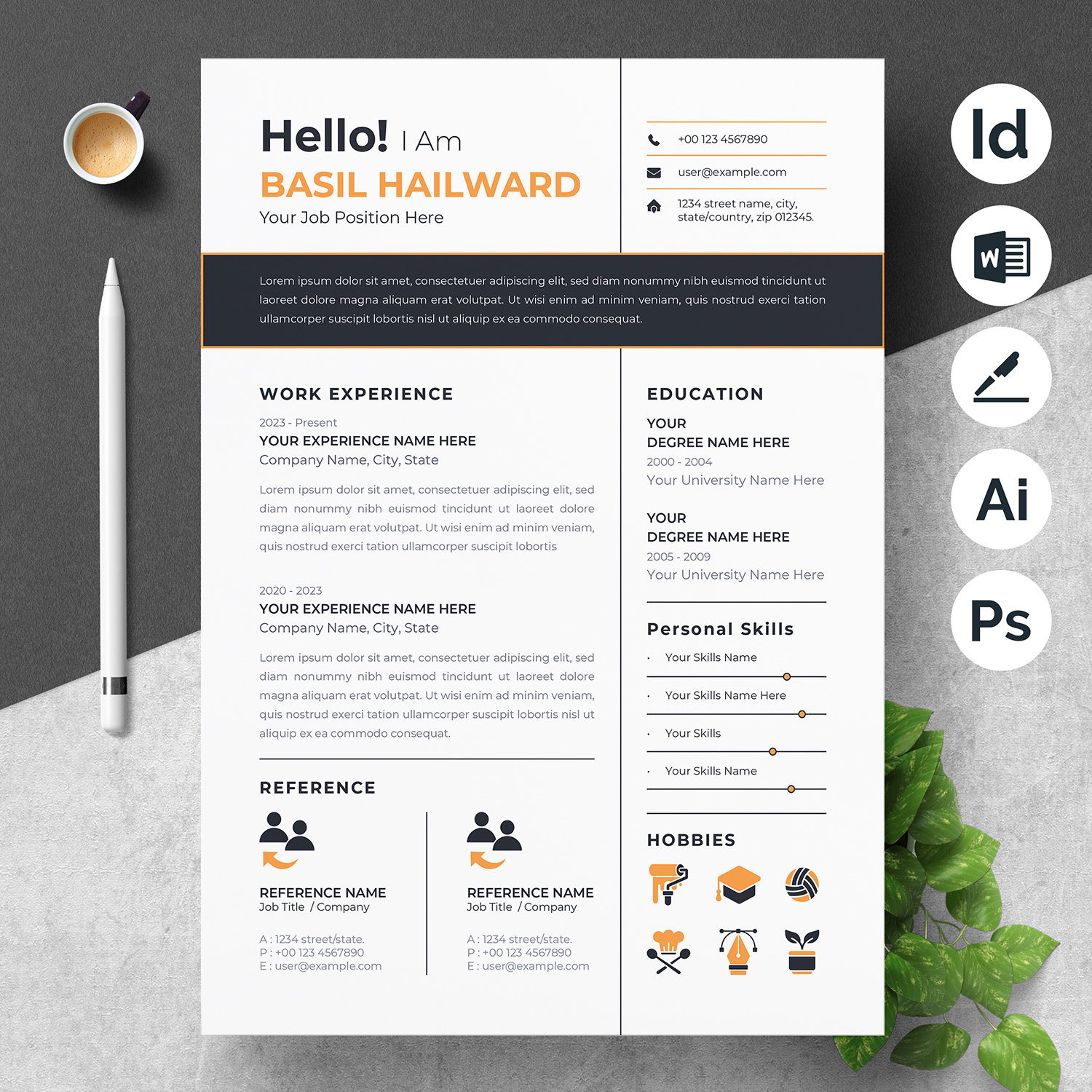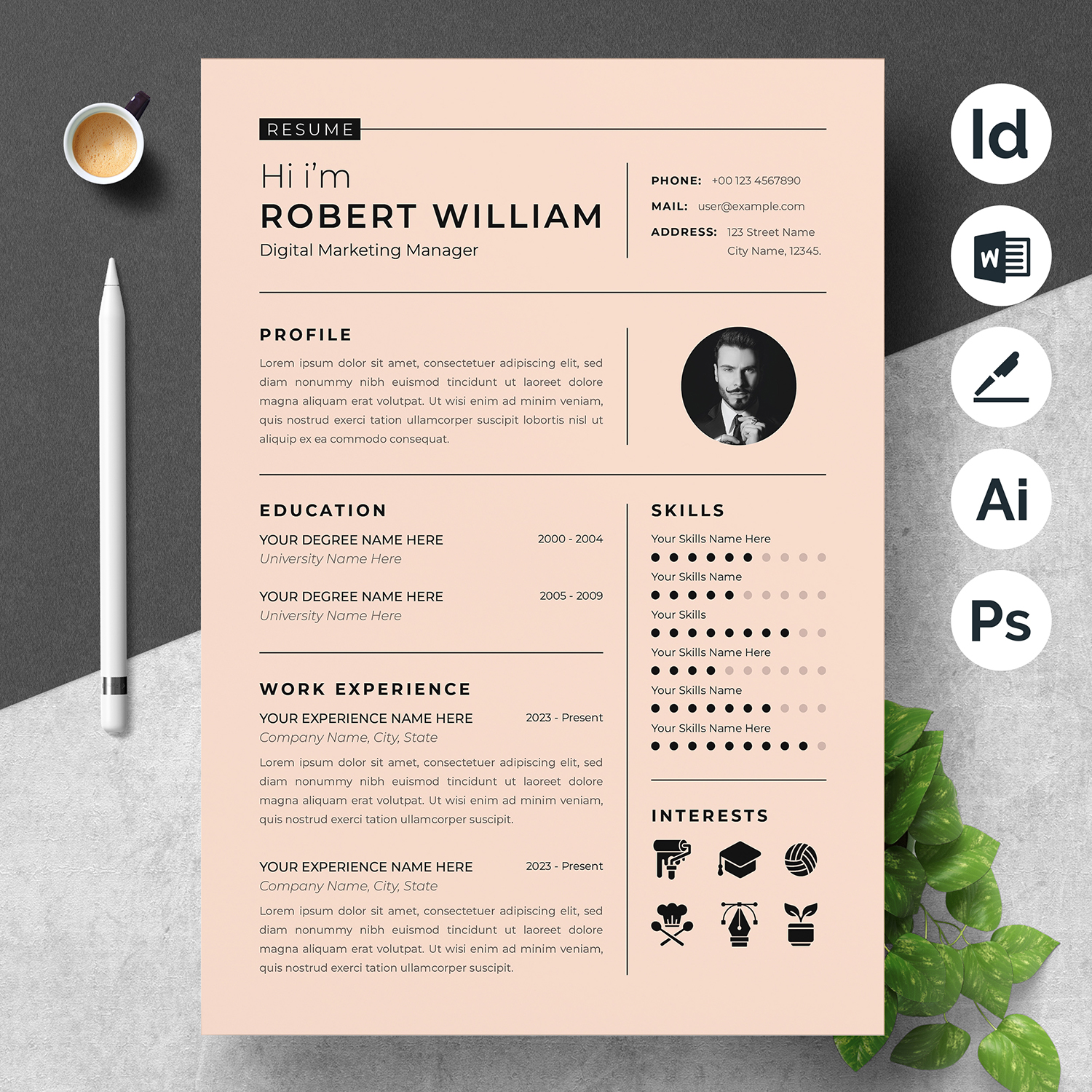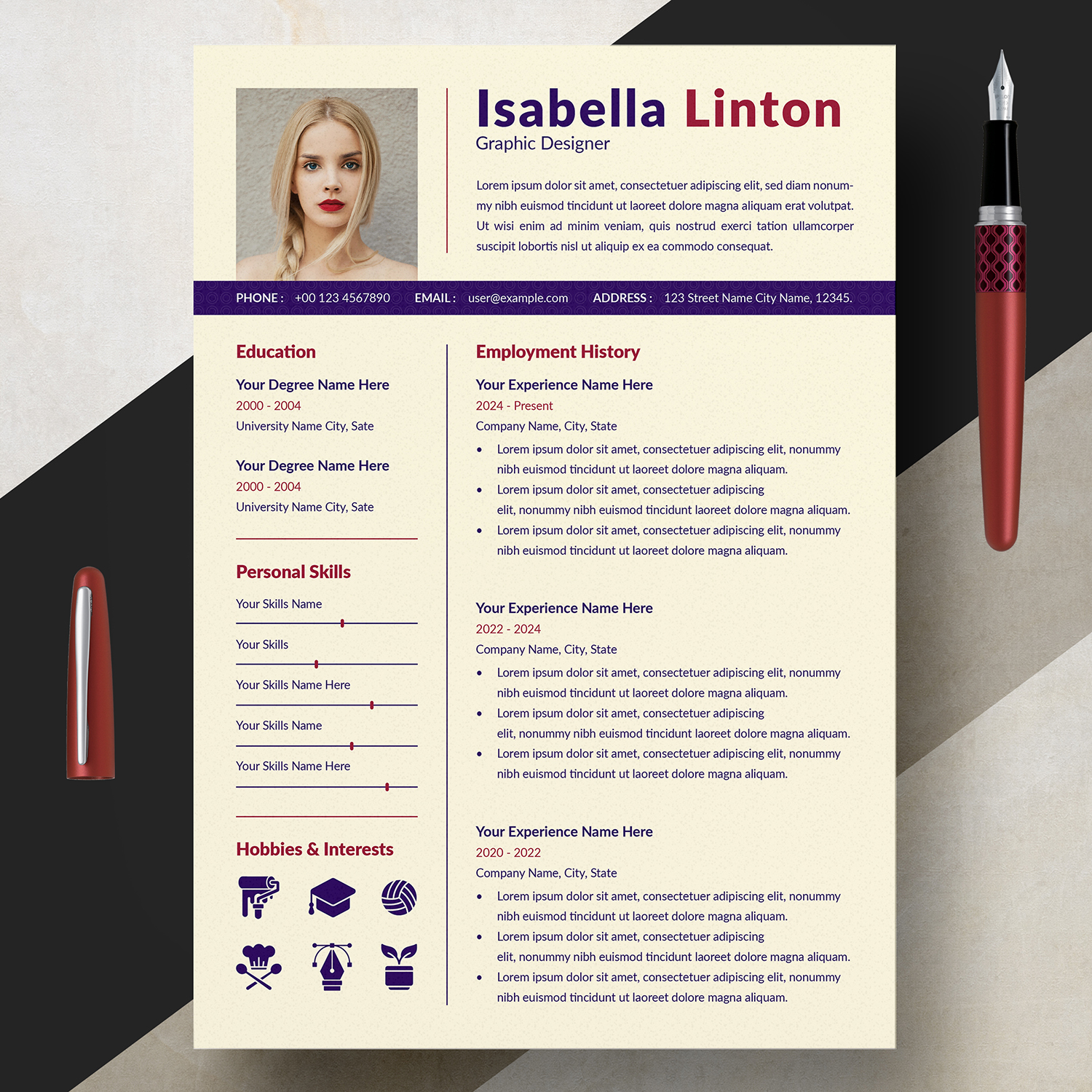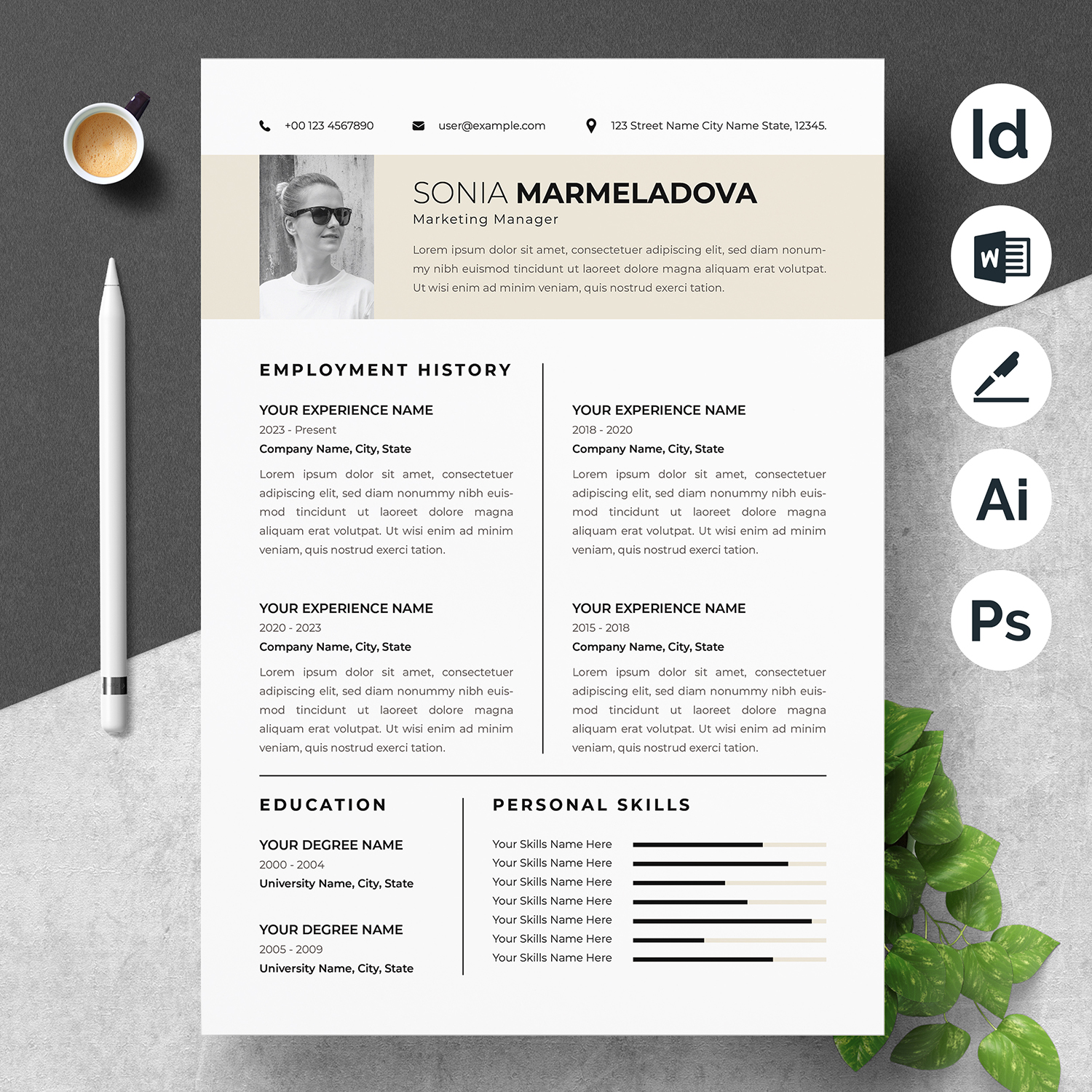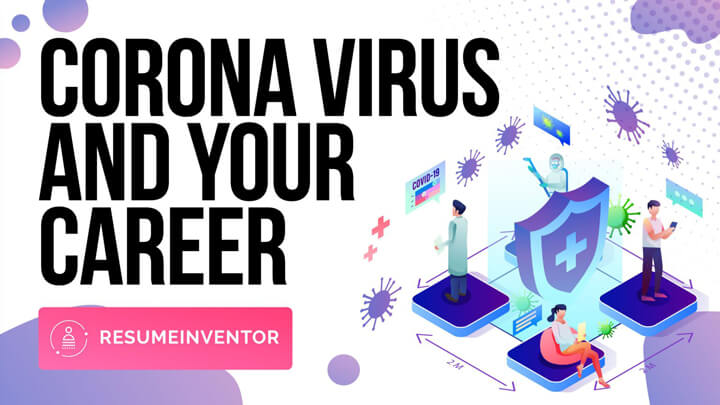
How to Give Your Career a New Impetus during the Coronavirus Crisis
in Knowledgebase on October 20, 2020The coronavirus caught the working world unprepared. Companies had to close down within a very short time. Many companies announced short-time working and governments adopted comprehensive aid programs. But how is the individual employee doing? What are the everyday problems in an unfamiliar situation?
Working in times of Corona – what you need to know!
The corona crisis has a firm grip on the entire global economy. Kindergartens and schools are closed. Office and many companies had to close temporarily and send their employees into short-time work.
The ban on contact, which was decided to slow the spread of Covid-19. Determines not only everyone’s private life but also professional life. There are always many questions. What are systemically relevant professions? How can I help? And where to go with my children?
We try to answer the most important questions for you and to support you on your way out of the crisis.
What applicants can hope for now?
The job offers are fewer. But if you are currently applying a few job opportunities, you will reach your goal faster. A large number of companies have finally understood. how necessary digitization was – and that the right staff was still missing.
Applicants are scoring right now with their IT skills – or at least with the willingness to quickly acquire them. A good communication style – especially in the social media area brings additional advantages. This is especially true before the application. It is important to act proactively and be passionate and committed to the right topics. In this way, the candidates show that they are experts in the field and deal positively with the crisis.
What was true shortly before the crisis also persisted. Recruiters tacitly require specialist qualifications through a degree and internships in today’s world. Hard skills are no longer what they used to be. “Qualification is not everything.”
HR professionals value a good fit when it comes to corporate culture, willingness to integrate, and future-oriented. It’s also more about intelligence in general. Companies want to be sure that their employees will take part in the rapid changes in product and business development. That requires intelligent action and a flexible approach. Applicants must, therefore, be prepared for the fact that intelligence tests are waiting for them.
During the Coronavirus Crisis: How to Give Your Career a New Impetus
The media are flooding us with claims that “nothing will be the same as before”, “there will be a before and after”, “the new tomorrow will be radically different“. What is it about, concretely? The truth is that for executives and managers, life will be mostly what they make of it themselves.
1 – The e-life explosion
Currently being tested on a large scale due to containment, it will accelerate and become a normal way of life. Internally within the company, but also in relations with customers and suppliers, a large part of the work will be structured remotely.
Leaders and managers are in favor of this evolution, but they will have to learn to be more autonomous and remain competitive while learning new management styles and maintaining team cohesion in looser organizations. Expectations of them will be at least the same in terms of performance.
For most of them, networking is not a problem, but they want to play an active role in inventing new ways of relating that will combine more people with more technology. They often seek coaching to achieve this.
2 – A new organization of companies
A phase of contraction is about to begin: spending will be cut, jobs will be lost, projects will be canceled. It will be necessary to integrate the consequences of the crisis into the organization of companies: reviewing supply and distribution chains; improving the capacity to manage the crisis; developing scenarios and new procedures
While some have not experienced previous crises, most can adapt and bounce back, provided they find it to their advantage. Their motivation will be to be actors of the changes that are coming. They don’t want to suffer. In this context, how a person plays the game will be critical to their career development.
3 – A quest for personal balance
Increasingly, leaders now recognize themselves in organizations that recognize the importance of work-life balance. Clients, aware of the role that their professional life plays in building their identity, want to steer it and set the limits themselves: they also say that nothing beats a fully fulfilled life.
The question will be for them to “negotiate”, first with themselves and then with companies, what they are prepared to give, and what they demand in return.
4 – Redefining priorities
In this context, it is those who know their priorities best, what they are willing or unwilling to accept, who will be better able to take advantage of change. You have to take things into account and build your definition of success, without being influenced by others. We can then assess what is missing to get closer to this definition.
For example, many people say they want to move up the ladder and maximize. Their financial gains in a large organization. When in reality they would dream of carrying a common vision within a small team that looks like them. Likewise, many people take pride in sleeping in a different capital every day when they would like to spend more time with their families and loved ones.
It’s a starting point for escaping boredom, stress, and fatigue: feeling focused on your real needs and knowing that you are taking them into account releases energy to move forward. They have a more positive self-image and begin to reflect on their project, their “strategic vision”.
5 – A “strategic vision” for oneself
Strategic vision” is the ideal one sets for oneself to meet one’s definition of success. This is the new promise that we want to make to ourselves, where we want to give energy and project ourselves with enthusiasm.
The closer you get to it, the better you feel; the more your self-image today is moving away from it, the more you feel useless, demotivated, or depressed.
The “strategic vision” has concrete dimensions such as holding certain positions. Reaching a certain level of responsibility or compensation, working in one sector rather than another. it also has qualitative dimensions such as participating in decisions, working with people you appreciate, being recognized for what you do, having time for yourself and your family, serving a cause.
A satisfactory strategic vision goes beyond the usual approach which wants to build on “one’s experience, assets, and personal resources” to progress. It includes what makes you want to get involved and get up in the morning.
6 – Implementing its strategic vision
Defining and implementing one’s strategic vision is a twofold negotiation:
- A negotiation with yourself to decide what you want and what you don’t want;
- Negotiation with others (usually your employer) to create the conditions for its implementation and decide whether you want to stay or not.
It is therefore the opposite of succumbing to the urge to impulsively flee from frustration or boredom. In some cases, it is simply not possible to achieve one’s vision where one is at the moment. This is the case, for example, if you want to change your career for an activity that does not exist within your employer or if it is clear that the conditions will not be met to develop as you wish.
A departure then becomes necessary, but it is done with full knowledge of the facts.
7 – Growing up at work, where we are now: how?
Very often, opportunities or situations can be found internally that bring one closer to one’s strategic vision: to stimulate new initiatives that allow one to imprint one’s style; to work with new people, up to a superior or a peer on one’s deepest aspirations, to look together for the best opportunities to implement them and receive feedback; to train oneself, etc. It is important to go where you feel good and useful, where you have fun working and learning, where you feel you are positively spending your energy. Naturally, this energy radiates towards others and creates a new dynamic.
Most of the time, we’re making real progress, beyond what we could have imagined. Later, if a departure is really necessary, we are in a positive dynamic that will guide a future job search.
The use of external advice allows you to make coherent and realistic choices, to prepare for their implementation, to regularly assess where you stand, and to receive neutral feedback from a professional.
How to face a change of career in the middle of the professional path?
Facing a career change is never easy, neither with 25 nor with 55 years. It not only involves leaving the job but also learning new skills and probably acquiring new knowledge, starting from scratch, and even changing the city or country of residence.
So what can lead someone to make this change in the middle of their career? Why spend 20 years building a professional career, acquiring skills and experience, to start from scratch again?
People’s personalities and preferences change throughout life due to the innate need to grow. In the first half of our lives, we develop our strongest preferences, from the university we choose to the degree we study. Once those preferences have been satisfied, we begin to add secondary preferences that give us more balance and depth.
More outgoing people may find themselves more interested in spending time alone (and perhaps they will start to enjoy teleworking). Introverts may feel more confident in their social skills (and be prepared to work with the client in mind), and rational people may begin to realize the impact of actions and speech on others (leaders mature with age).
Our studies indicate that close to a quarter of employees over the age of 35 are experiencing this change, seeking a broader experience in their position or greater specialization. One in five is also looking to develop other functions or train in other areas.
How to change your career?
This mid-career professional course turns may also be motivated by practical causes. Going freelance can improve reconciliation, working on projects can break the monotony. In recent years, more and more people have been working with these formulas and combining various jobs, instead of having a full-time job.
On the opposite extreme, these career changes may be the result of the need, especially for the baby boom generation who must take care of their parents, with an increasing life expectancy, to help their children buy their first homes. or explore new ways of dealing with the pension deficit.
Also, organizations have to think about those who want flexible careers out of necessity, those who do not give importance to culture but yes to security and pragmatism. Steps need to be taken to manage contingency employees. If a freelance leaves the company, you must have the guarantee that we can have another. The old procedures have to change. In the new work scenario, Human Resources planning cannot be carried out for more than a year, it has to be a continuous process.
Finally, companies, as employers, must take into account the different professionals and their different needs, giving professionals the opportunities they seek according to their interests and within their functions, cultivating their culture for those who choose a career change and make real changes to support those who make that career change out of necessity.

